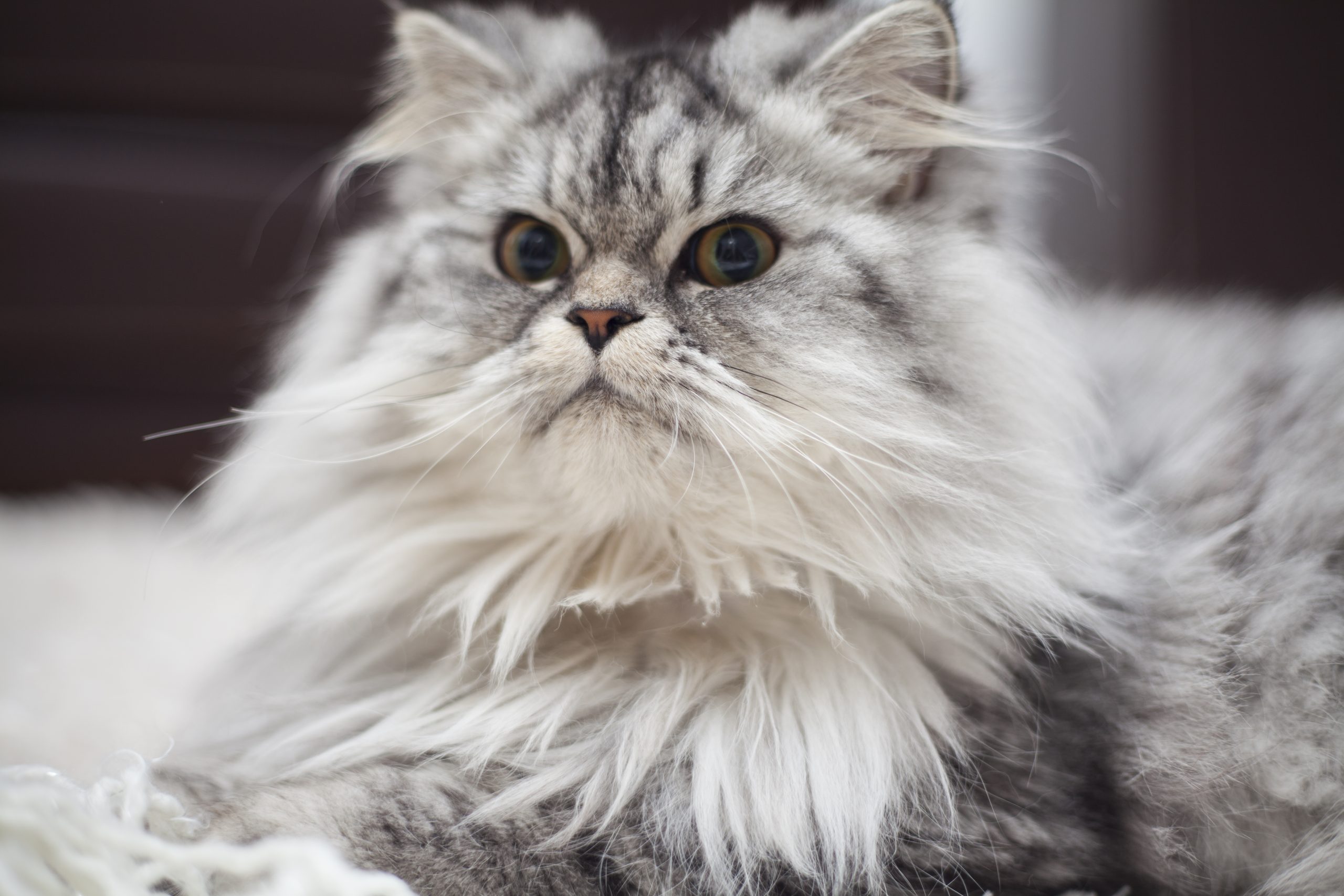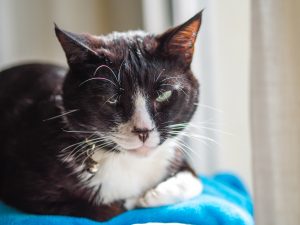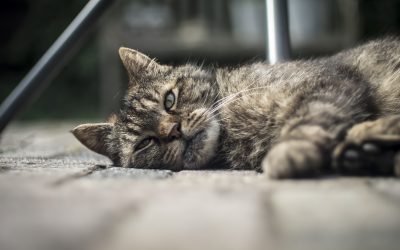Feline Infection Peritonitis (FIP) in Cats [Expert Guide]

If you’re a cat parent, chances are you’ve come across the term FIP, short for Feline Infectious Peritonitis, and found it a little confusing, or even alarming. That’s completely understandable. FIP is a complicated disease, but learning more about it can help you feel more confident about protecting your cat’s health.
Let’s break it down gently and clearly, so you know what to look for, how to support your cat, and what steps to take if FIP ever becomes a concern.
What Is Feline Infectious Peritonitis?
Feline Infectious Peritonitis (FIP) is caused by a mutated form of the feline coronavirus. Most cats that carry the standard version of this virus don’t ever show symptoms. But in some cases—especially in kittens or cats with weaker immune systems—the virus can change and trigger FIP.
FIP comes in two forms:
- Wet (effusive): This form causes fluid to build up in the abdomen or chest, often making the cat look bloated or have trouble breathing.
- Dry (non-effusive): This form doesn’t involve fluid buildup, but it can cause damage to internal organs and even the nervous system.
How Do Cats Get Feline Infectious Peritonitis?
FIP doesn’t just appear out of nowhere. It starts with the feline coronavirus, which is pretty common, especially in environments where many cats live together, like shelters or catteries. Cats pick up the virus by coming into contact with infected saliva or feces, often through shared litter boxes or food bowls.
Now, here’s the key part: not all cats who catch this virus will get FIP. In fact, most don’t. But for a small percentage of cats—usually kittens or those with compromised immune systems—the virus mutates inside the body, and that’s when FIP can develop.
Keeping your cat’s environment clean, isolating new arrivals for a short period, and minimizing exposure to high-risk situations can go a long way in reducing the chances of infection.
What Does FIP Look Like?
One of the hardest things about FIP is that its symptoms can vary quite a bit. Some signs to keep an eye on include:
For Wet FIP:
- Swollen belly or chest
- Trouble breathing
- Lack of appetite
- Lethargy
For Dry FIP:
- Neurological signs like stumbling or seizures
- Eye problems or vision changes
- Persistent fever
- Jaundice (yellowing of the skin or eyes)
- Weight loss
Why Kittens Are Especially at Risk
Young cats and kittens are more vulnerable to FIP because their immune systems are still developing. If you’ve recently welcomed a new kitten into your home, it’s a good idea to watch for any early signs of illness, such as bloating, fever, or changes in behavior.
Certain breeds may be genetically predisposed to FIP, so choosing a responsible breeder who screens for health concerns can help reduce the risk. Clean, low-stress environments and regular veterinary care are also key to keeping kittens healthy.
Is FIP Contagious?
This is a common and understandable concern. Here’s the reassuring news: FIP itself is not contagious.
The feline coronavirus, which sometimes mutates into FIP, is contagious, but the mutated form that causes FIP is not. That means a cat with FIP isn’t a direct threat to your other pets. Still, maintaining good hygiene in multi-cat homes and managing exposure to new cats is a wise precaution.
How Is FIP Diagnosed?
Diagnosing FIP can be tricky. There isn’t a single test that says “yes, this is FIP.” Instead, vets look at the whole picture: your cat’s history, symptoms, and lab results.
For wet FIP, fluid from the abdomen or chest can be tested. For dry FIP, it might take blood work, imaging (like X-rays or ultrasound), or sometimes a biopsy. Your vet may refer you to a specialist if they suspect FIP.
Is there any treatment for FIP?
As stated in the VCA Animal Hospitals article: “Historically, FIP has been fatal in almost all cases. Supportive treatments may extend longevity and improve quality of life, but there is no proven cure.
Anti-inflammatory drugs such as corticosteroids (e.g., prednisolone), in combination with certain drugs that suppress the immune system (e.g., cyclophosphamide) may temporarily reduce inflammation and improve the cat’s quality of life.”
Why Early Detection Matters
Cats are masters at hiding illness, so staying in tune with small changes, like behavior, appetite, or energy, can make a big difference. If something feels off, trust your instincts and reach out to your vet.
The earlier FIP is caught, the more options you have. In some cases, quick action can even mean remission or long-term management with proper care.
Can Odie Pet Insurance Provide Coverage for Such an Investment?
Depending on the specific policy, pet insurance can cover the diagnosis, treatment, and management of feline peritonitis.
Reimbursement
This method is the most common for pet insurance companies. You pay out of pocket for the veterinarian bill, and then the insurance company reimburses you for what’s covered under the insurance plan. The steps look like this.
- You pay the vet bill after your cat’s visit.
- You fill out the pet insurance claim form.
- Submit the claim form and other required documentation to the insurer.
- After the claim is approved, you will be reimbursed for eligible expenses.
Illness & Injury Plan
The Illness & Injury Plan is an all-inclusive insurance plan designed to cover a wide range of medical needs for your pet. This plan includes comprehensive coverage for various illnesses, injuries, and veterinary services. Some of the covered items include:
- Veterinary exams and consultations
- Diagnostics (e.g., X-rays, lab tests)
- Prescribed medications
- Surgeries and hospitalization
- Rehabilitation, acupuncture, or chiropractic treatments
- Medically necessary supplies
- Euthanasia and cremation
The Wellness Plan
The Wellness Plan is a monthly membership that focuses on preventive care and covers routine veterinary services.
- Provides reimbursements for routine care items such as wellness visits (exams and vaccines), testing and parasite prevention, dental cleanings and at-home dental care, vitamins, supplements, and more.
- Through Odie’s partnership with Petivity, a leader in smart pet products and proactive care, Wellness Plan members can also receive reimbursements for Petivity devices and health kits, as well as eligible Purina food and supplements.
- Total reimbursement up to $700 per year.




